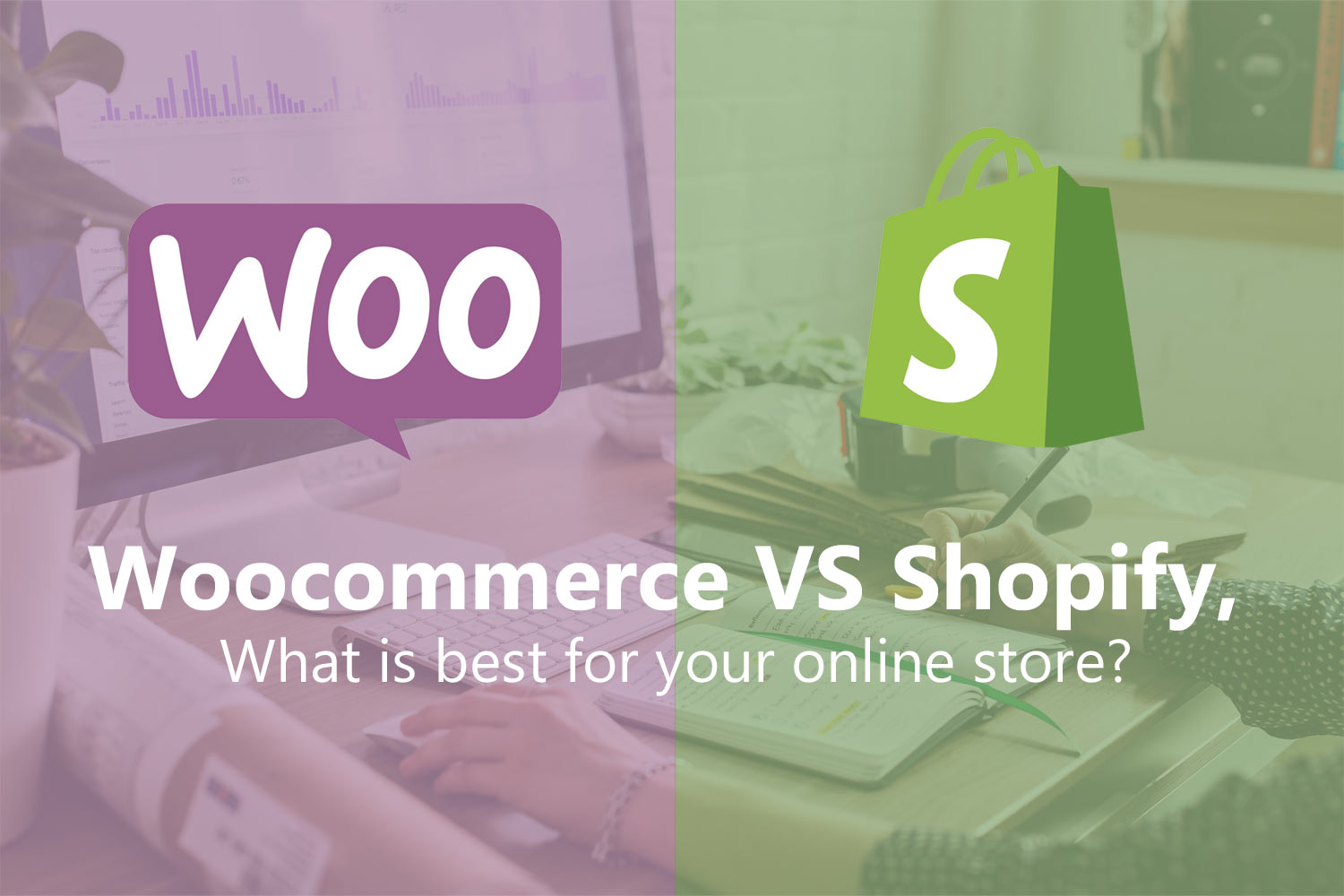WooCommerce vs Shopify: Which is the Best for Your Online Store?
When it comes to building an online store, two of the most popular platforms are WooCommerce and Shopify. Both have their unique features, benefits, and potential drawbacks, but which one is the best choice for your business? In this WooCommerce vs Shopify comparison, we’ll break down the key aspects of both platforms, including ease of use, pricing, scalability, and customization options, to help you choose the right one for your eCommerce needs.
1. Overview of WooCommerce vs Shopify
WooCommerce is an open-source plugin for WordPress, which means it offers a high degree of flexibility and control over your online store. It’s ideal for users who are already familiar with WordPress and want to integrate eCommerce functionality into their existing website.
On the other hand, Shopify is a fully-hosted, cloud-based platform that allows users to create and manage their online store without the need for technical knowledge. It’s perfect for users who want a user-friendly, all-in-one solution without dealing with hosting or technical maintenance.
2. Ease of Use
When comparing WooCommerce vs Shopify, ease of use is one of the most significant factors to consider.
WooCommerce requires users to have some familiarity with WordPress and web hosting, as it involves more manual setup and configuration. While it’s powerful and customizable, it may require a steeper learning curve, especially for beginners.
Shopify, in contrast, is a hosted platform designed for ease of use. The drag-and-drop interface, pre-designed templates, and straightforward setup process make it incredibly user-friendly, even for those with no coding experience.
3. Pricing Comparison: WooCommerce vs Shopify
Pricing is another crucial factor when choosing between WooCommerce vs Shopify.
With WooCommerce, the software itself is free, but you will need to pay for web hosting, domain registration, and any premium plugins or themes you want to use. This makes WooCommerce an affordable option for those who are willing to handle the technical side of things. However, the total cost can vary depending on the scale of your store and your customization needs.
Shopify offers a subscription-based pricing model, with plans starting at $29/month. This price includes hosting, security, and technical support, but there are additional transaction fees and app costs that can add up as your store grows. While Shopify’s upfront cost may seem higher, it includes many built-in features that would require extra plugins in WooCommerce.
4. Scalability and Flexibility
WooCommerce is highly scalable, meaning you can add as many products and features as your business grows. The flexibility of the platform allows for complete control over your website’s design and functionality, making it a good choice for businesses that need a custom solution.
Shopify, while also scalable, is somewhat limited in terms of customization. However, it offers a range of tools and integrations that can help your business grow without having to worry about server maintenance or security. Shopify is an excellent option for businesses that want to focus on their products rather than managing technical details.
5. Payment Options and Fees
Both WooCommerce and Shopify offer a variety of payment gateways, but they differ in terms of fees.
WooCommerce integrates with numerous payment providers, including PayPal, Stripe, and credit card gateways, often without extra fees. However, you will need to set up and manage your own payment processing, which could require additional plugins.
Shopify offers its own payment gateway, Shopify Payments, which eliminates transaction fees if used. However, if you choose to use a third-party payment provider, Shopify charges additional fees, which can add up over time.
6. Customer Support: WooCommerce vs Shopify
Both platforms offer customer support, but Shopify excels in this area. As a hosted solution, Shopify provides 24/7 customer support via live chat, email, and phone, ensuring that help is always available when you need it.
WooCommerce, being a self-hosted platform, relies on community forums, documentation, and third-party support services. While this gives you more freedom, it can sometimes lead to slower resolution of issues.
7. Conclusion: WooCommerce vs Shopify
In the end, both WooCommerce vs Shopify are excellent choices for creating an online store. If you’re looking for flexibility, customization, and control over every aspect of your website, WooCommerce is the better option. However, if you prioritize ease of use, security, and reliable customer support, Shopify might be the ideal platform for you.
Ultimately, your choice will depend on your business needs, budget, and technical expertise. Consider what matters most to you and choose the platform that aligns with your long-term goals.


